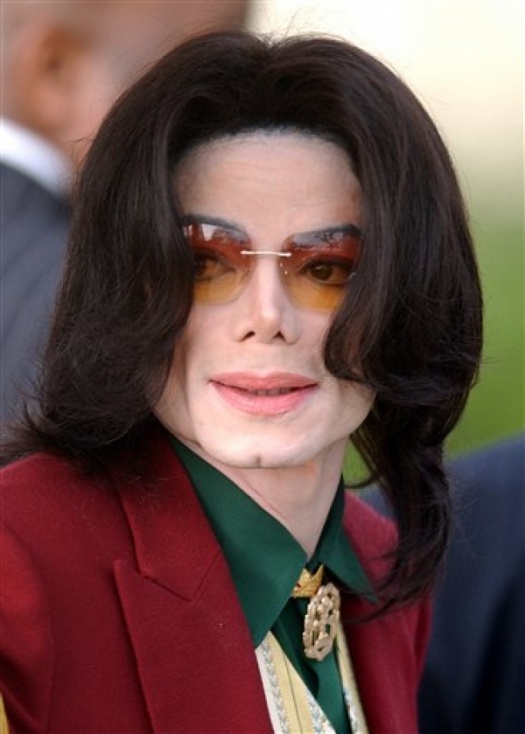
LOS ANGELES – The Los Angeles County coroner’s finding that the death of Michael Jackson was a homicide could mean criminal charges for his doctor, who told investigators that he administered a mix of powerful drugs to treat the pop star&rsquo
LOS ANGELES – The Los Angeles County coroner’s finding that the death of Michael Jackson was a homicide could mean criminal charges for his doctor, who told investigators that he administered a mix of powerful drugs to treat the pop star’s insomnia hours before his death.
The homicide ruling was based on forensic tests that found the anesthetic propofol combined with at least two sedatives to kill Jackson, a law enforcement official told The Associated Press on Monday, speaking on condition of anonymity because the findings have not been publicly released.
While the finding does not necessarily mean a crime was committed, it means more likely that criminal charges will be filed against Dr. Conrad Murray, the Las Vegas cardiologist who was caring for Jackson when he died June 25 in a rented Los Angeles mansion.
Through his lawyer, Murray has said he administered nothing that “should have” killed Jackson.
Murray told investigators that at the time of the King of Pop’s death, he had been trying to wean Jackson off propofol. The doctor said he’d been treating Jackson for insomnia for about six weeks with 50 milligrams of the drug every night via an intravenous drip, a search warrant affidavit said.
Murray said he feared Jackson was becoming addicted to the anesthetic, which is supposed to be used only in hospitals and other advanced medical settings.
The affidavit unsealed in Houston, where Los Angeles police took materials from one of Murray’s clinics last month as part of their manslaughter investigation, includes a detailed account of what detectives say Murray told them. Manslaughter is homicide without malice or premeditation.
Murray told detectives that he had lowered the propofol dose to 25 milligrams and added the sedatives lorazepam and midazolam two days prior to Jackson’s death, a combination that succeeded in helping the pop star sleep. The next day, Murray said, he cut off the propofol – and Jackson fell asleep with just the two sedatives.
But on June 25, Murray said he tried unsuccessfully to make Jackson sleep with a series of drugs that included a 10-milligram tablet of Valium and repeated injections of two milligrams of lorazepam and two milligrams of midazolam.
When they didn’t work, he gave in to Jackson’s “repeated demands/requests” for propofol, which the singer called his “milk,” according to the affidavit. Murray administered 25 milligrams of the white-colored liquid – a relatively small dose – and finally, Jackson fell asleep.
Murray remained with the sedated Jackson for about 10 minutes, then left for the bathroom, the affidavit said. Less than two minutes later, Murray returned – and found Jackson had stopped breathing.
______
To read the rest of this article, subscribe to our digital or paper edition. For previous editions, contact us for details.
In photo: FILE – In this March 17, 2005 file photo, pop star Michael Jackson arrives at the Santa Barbara County Courthouse in Santa Maria, Calif. (AP Photo/Michael A. Mariant, file)
Copyright 2009 Chicago Defender. All rights reserved. This material may not be published, broadcast, rewritten, or redistributed.